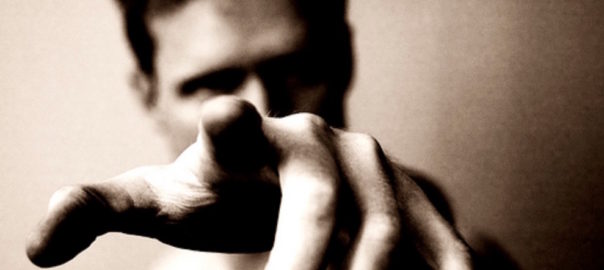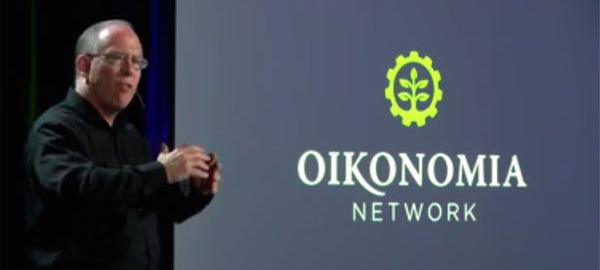
As we look ahead to 2024 and beyond, I hope that all of us can be hopeful and realistic so that we can achieve more than we thought possible, and we can weather the unexpected with grace. Here are some more observations for the year ahead:
Realism: Social media will continue captivating and ensnaring far too many people, draining creativity and energy.
Hope: May we spend more time with family and friends, learn to use a fountain pen, read printed books, and enjoy the outdoors without a phone in hand.
Hopeful realism: May we see more reflections than reactions and more conversations over mere condemnations.
Realism: Jews and Christians will continue facing severe persecution globally, with little notice from non-religious leaders or neighbors.
Hope: People of conscience will realize that each of us must desire and protect for others the liberties we expect for ourselves.
Hopeful realism: Many will consider becoming Christians or renewing their faith as they recognize the cohesiveness and compassion of Jesus. And many Christians will appreciate the Jewish roots of our faith for the first time.
Realism: The American and global economy will continue struggling as significant adjustments take place due to poor planning, risky investments, and changes in labor and production.
Hope: We will see some improvements in interest rates and job growth, due to normal developments and the results of the political desires of investors.
Hopeful realism: As local and state governments face realities, some will wisely tighten their belts and thoughtfully allocate resources, while removing barriers to business expansion.
And finally, your humble author believes that we are on the cusp of a spiritual awakening that will overflow into neighborhoods and nations as people not only have religious encounters in church, but kindly and thoughtfully serve their families, colleagues, and friends as a thank you to the grace of God. For such love in action, some will face persecution. But the pressures of opponents will only increase their fortitude, and once again, we will see the goodness of God on display.
May we all be hopeful realists, with greater expectations of what God can do, sober awareness of our own shortcomings, and a willingness to extend ourselves to others.



